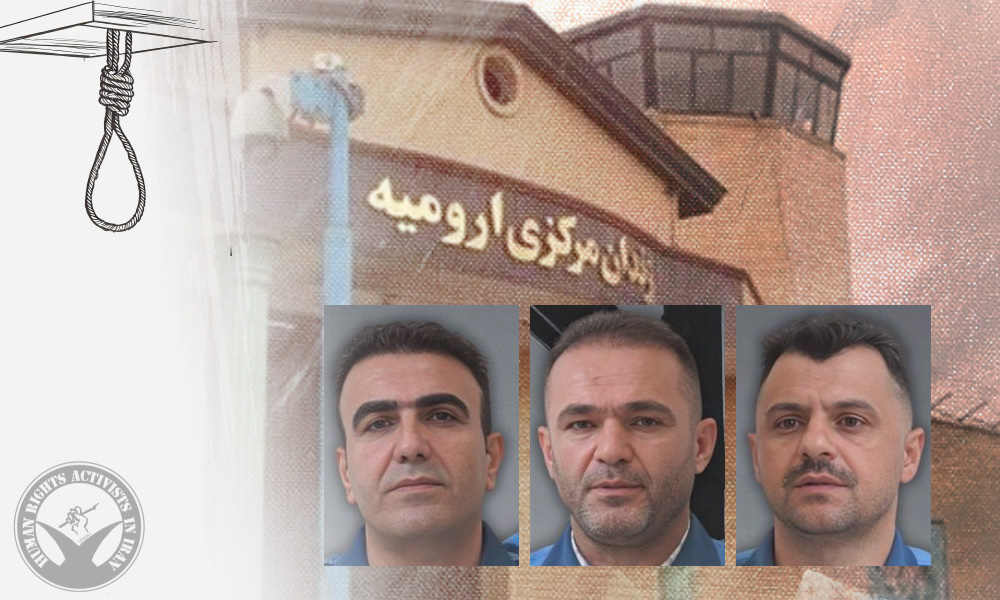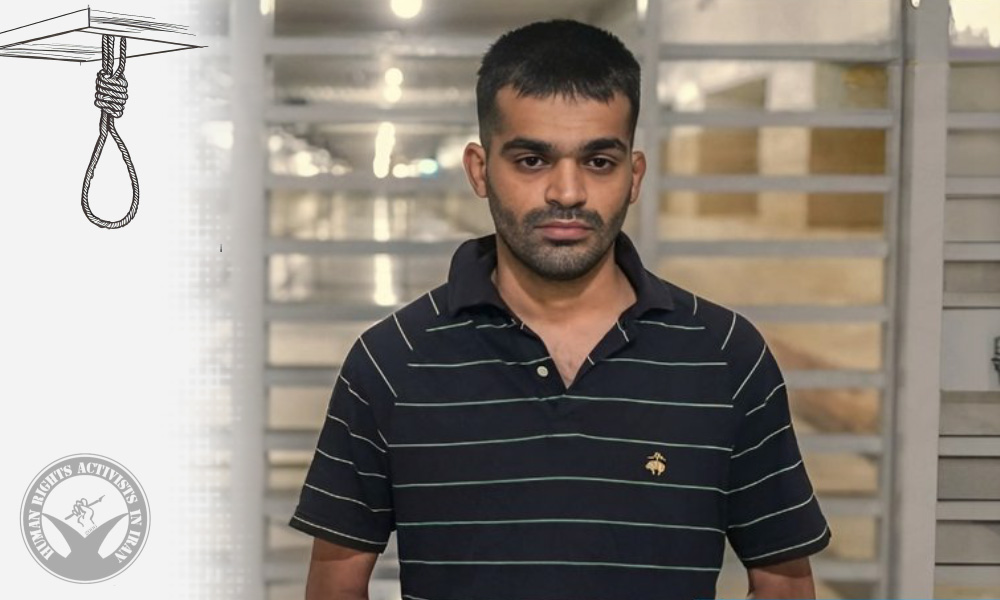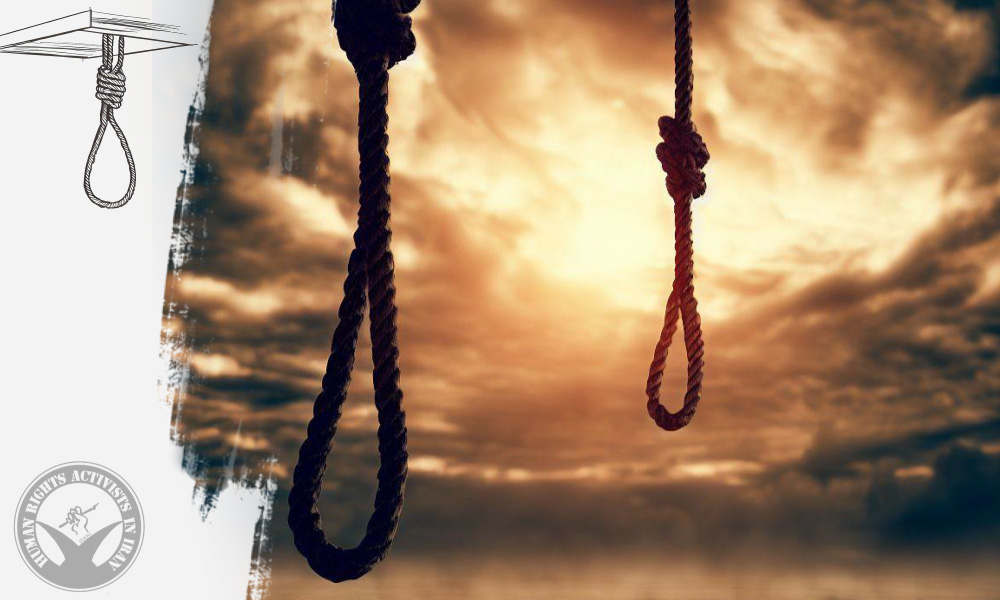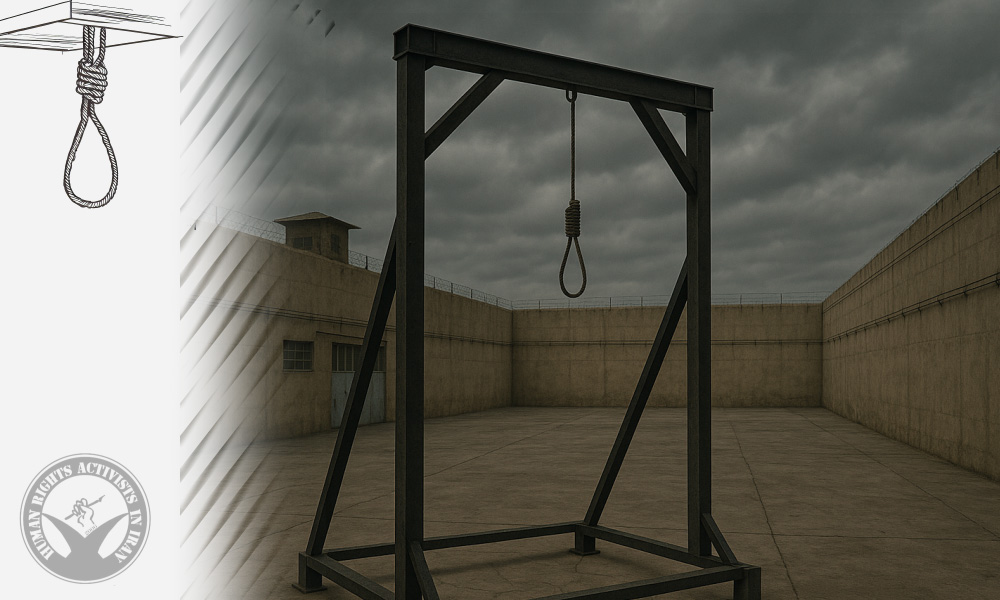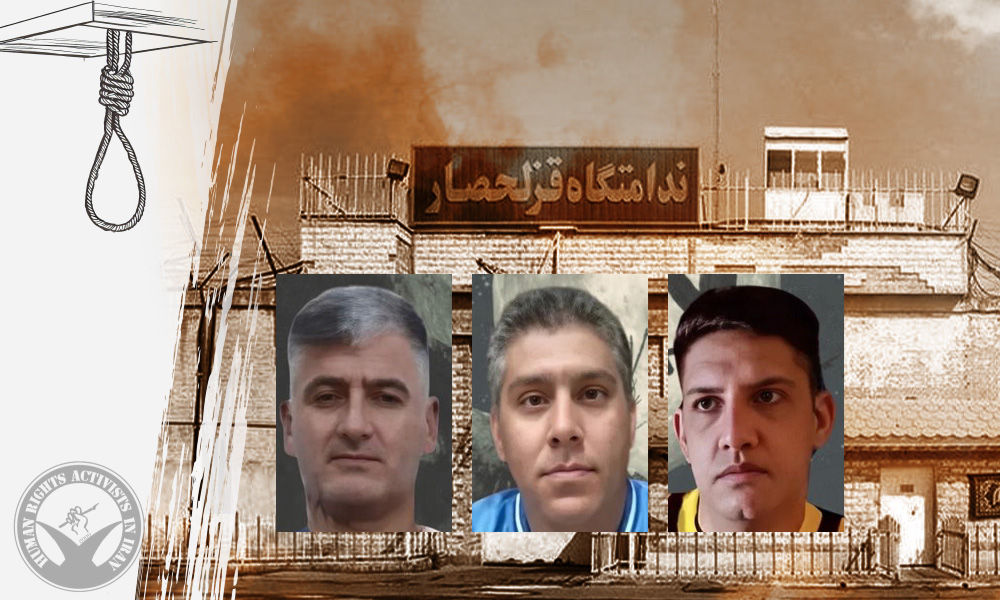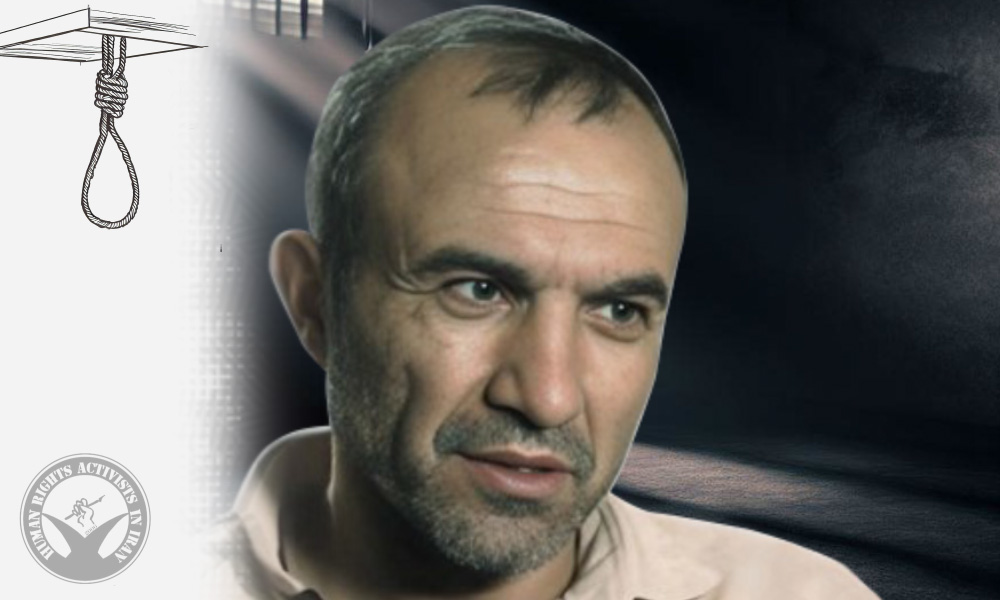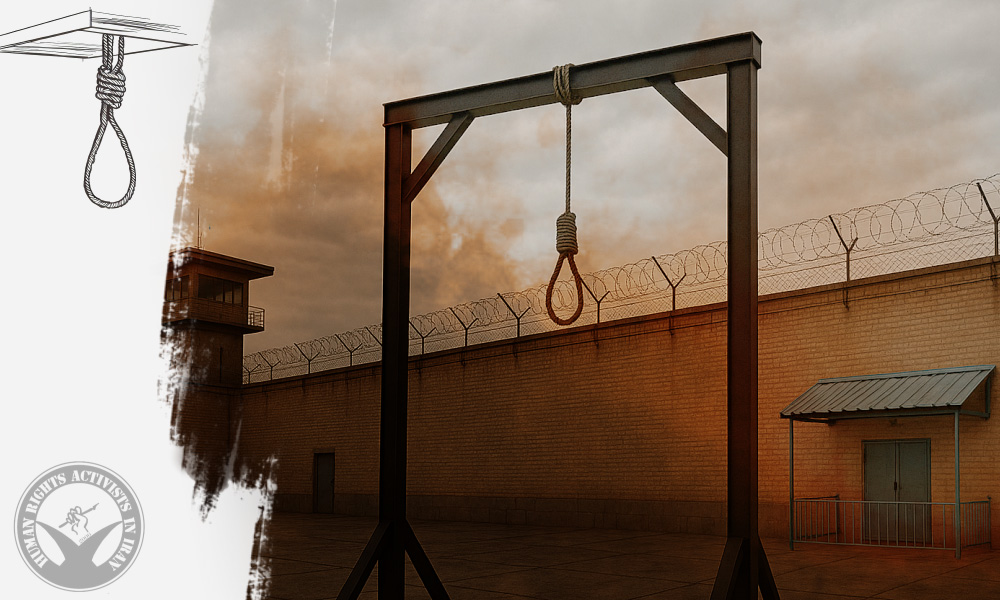HRANA News Agency – The death sentences of six prisoners, including one woman, were recently carried out in the prisons of Tabriz, Qom, and Neyshabur. These individuals had been previously convicted on charges related to drug offenses, murder, and armed robbery.
According to Iran Human Rights, at dawn on Saturday, June 28, authorities executed a prisoner in Neyshabur Prison. The individual was identified as Babak Mostafavi, 27, a resident of Neyshabur. He had been sentenced to death by the judiciary on drug-related charges. Prior to his arrest, he worked as a forklift driver.
Additionally, on Tuesday, June 24, two prisoners, including a woman, were executed in Qom Prison. They were identified as Hassan Rostamnejad and Tal’at Sabzi, 47. Rostamnejad had been arrested four years ago on murder charges and later sentenced to death. Sabzi had been arrested five years ago for allegedly killing her husband and was also sentenced to death.
Earlier, at dawn on Sunday, June 18, authorities executed three prisoners in Tabriz Prison. The executed individuals were identified as Hadi Ahmadian, 37, Abbas Partovi, and Mohammad Shokri, 42, all from Tabriz.
According to the report, Shokri and Ahmadian were arrested three years ago in a joint case involving the possession of 80 kilograms of narcotics and were later sentenced to death. Partovi had been arrested around the same time on charges of armed robbery and was also handed a death sentence.
As of the time of this report, prison authorities and official institutions have not publicly announced these executions.
In 2024, according to 812 reports compiled by HRANA, the Iranian regime executed 930 individuals in its prisons—marking the highest number of executions in the past 12 years. Despite the scale of these executions, prison officials and other relevant authorities publicly acknowledged only 6% of them, highlighting the regime’s lack of transparency and accountability.





